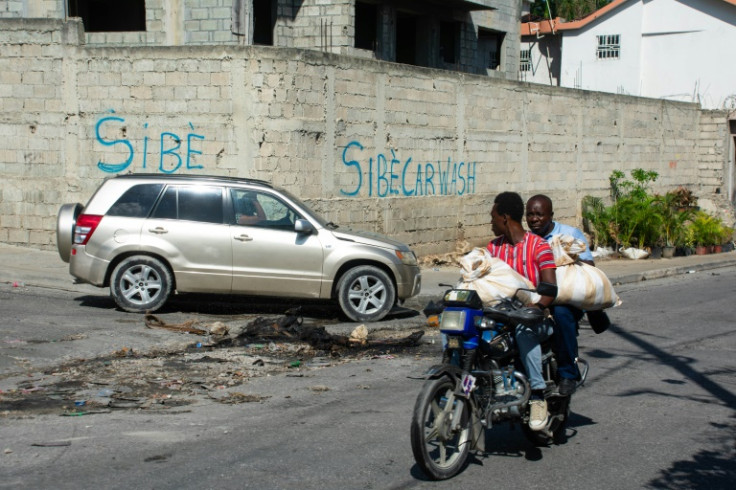
Haitian authorities has begun using weaponized drones in their ongoing fight against armed gangs in an attempt to prevent them from completely taking over the capital, Port-au-Prince.
The drones are commercial models modified with improvised explosives, according to a new report by The Washington Post. While they have yet to eliminate any gang leaders, they have caused civilian injuries, including women and children, according to a healthcare worker.
Regardless, their use has drawn support from some Haitian citizens and human rights organizations. Some others, in contrast, have expressed concern about accountability and collateral damage.
The entity overseeing the drone operations has not been officially identified. The Haitian government has not publicly claimed responsibility, but a government official stated that a task force, created this year by interim Prime Minister Alix Didier Fils-Aimé and the transitional presidential council, is running the initiative. The official defended the use of drones, arguing they have prevented gangs from expanding into the affluent Pétion-Ville neighborhood and emphasizing that civilian casualties were an unavoidable consequence of war.
Despite these claims, transparency remains a concern. The Haitian National Police denies using weaponized drones, and the commander of the Kenya-led international police mission said his forces are not involved.
Gangs have responded with threats of escalation. Jimmy "barbecue" Chérizier, one of the country's top gang leaders, warned that gangs could acquire similar technology. The U.N. has previously reported that gangs have used drones for reconnaissance, but there is no evidence they have weaponized them.
The development comes as Haitian police, outgunned and outnumbered, have struggled to contain the armed groups, while a Kenya-led international police deployment has faced delays and logistical challenges.
In this context, the country's transitional presidential council has begun enlisting members of a paramilitary group that sought to stage a coup to assist security forces.
Concretely, Fritz Alphonse Jean, head of the council, said members of the Brigade for the Security of Protected Areas will be vetted and integrated into operations alongside the forces.
The brigade was originally created in 2017 to protect Haiti's natural resources but has since evolved into an armed group with unclear leadership and links to illicit activities, the Miami Herald noted. A United Nations report estimated the group has 6,000 members, many operating outside of government oversight. The UN has also raised concerns about the group's possession of illegal firearms and involvement in cross-border trafficking.
© 2025 Latin Times. All rights reserved. Do not reproduce without permission.





